
Ulisses has failed in his professional life, but leads a happy life with his wife Ângela and their two daughters. Until the day he is introduced to Bárbara, a very beautiful woman living in Rio de Janeiro. Ângela becomes her friend and gives her the dress Ulisses had given her. From then on, marital problems arise, and he becomes increasingly attracted to Bárbara.
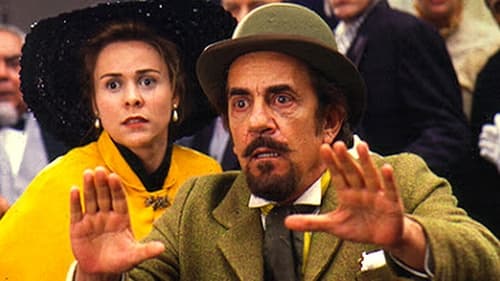
Deputado
Policarpo is a chauvinistic patriot, a major who tries to find solutions for Brazilian problems using only the resources of his own country. His visionary and idealistic temperament is behind his strange ideas about how to build a great nation.
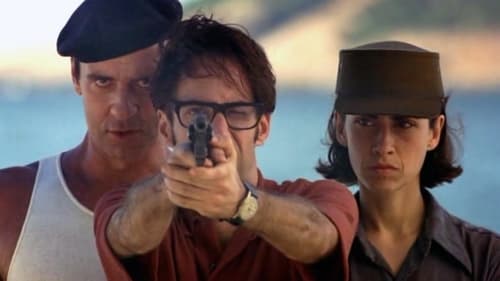
Fernando, a journalist, and his friend César join terrorist group MR8 in order to fight Brazilian dictatorial regime during the late sixties. Cesare, however, is wounded and captured during a bank hold up. Fernando then decides to kidnap the American ambassador in Brazil and ask for the release of fifteen political prisoners in exchange for his life.

Joseph
In the 18th century in a forgotten town, young Benedicta is the executioner's daughter. Monk Ambrosius, newly arrived at the village, pities the girl but his interest in her unleashes the jealousy of Rochus and the conflict between passion and celibacy begins.

Congressman I
Michael is a U.S. journalist who works for a Brazilian newspaper. One day he is put in charge of interviewing Father Louis Stephen, a famed catholic missionary who helps the needy in the jungles of Brazil. Yet he has one problem: the Father has rarely ever given an interview. However, Michael decides that he will be the first to have interviewed the Father personally, and goes on a journey to the center of Brazil, in search of the priest. Michael will soon know how hard it can be to get an interview, and that the Father's apparent media-shyness has deeper implications than he thought.

Motorista de táxi

Dede (Guilherne Fontes) is a Brazilian teen who lives with his middle-class grandparents who are members of the local communist party. When his grandmother dies, his grandfather's health soon fades to the point where he can't speak or walk. The local party officials ask Dede to continue to family tradition and take over his grandfather's position of social authority, but when Dede is introduced to cocaine by his best friend Alpino (Marcos Palmeira), the attraction to drugs is more appealing to him than political activism.

After arguing with his ex-girlfriend, truck driver Jorge hits the road again, while remembering the past and questioning his friendship with his manipulative boss.

In this highly stylized Brazilian drama a sax player fondly remembers one wonderful night spent with his life's love and decides to find her again. He embarks upon a quest through the wild streets of Rio to find her. Along the way he meets an assortment of odd urban underworld characters.
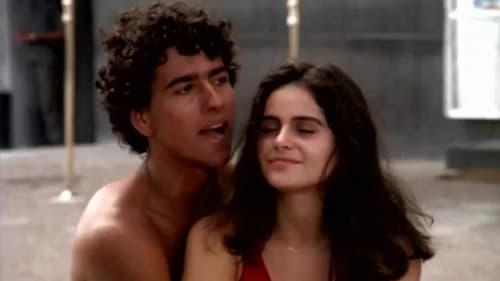
Emílio
Movie director in his forties and in existential crisis falls in love with an unknown teen girl he sees walking down the streets, without knowing she's the daughter of the woman he's having a relationship with.

In São Paulo, a married woman in her 30s lives with husband and two children; she's Fernanda, an interior designer. Shortly after her father's death, a vivid dream disorients her: she dances with a man in women's clothing. The next day, she meets a young man who looks like the man in her dreams.

Deputado Farias
Two friends get rich running an illegal gambling business. But soon they start to compete, and become rivals.
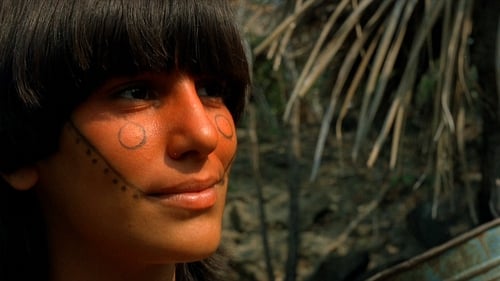
A military man picks up a Native Brazilian woman and heads to a gold panning site where he has undisclosed business to attend to.

Americano
Filming of the historical montage of Oswald de Andrade's play, where decadent millionaires, depraved children, corrupt and implacable capitalists are the characters interpreted by the Grupo Oficina, in a celebrated theatrical performance from 1967, fundamentally recorded in 1971 and released only in the 1980s.
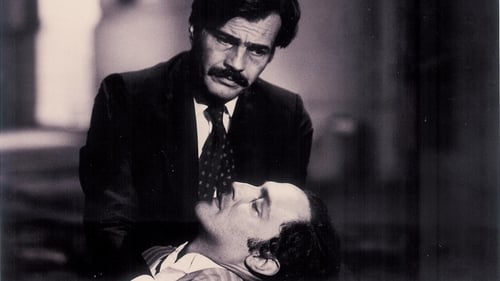
Aruba
When a pedestrian is hit by a bus, the simple clerk Arandir runs and kisses the moribund in a gesture of sympathy and unconditional pure love. Opportunist photographer Amado Pinheiro witnesses the scene and sees the opportunity to sell newspaper and, together with the despicable and abusive chief of police Cunha, accuses Arandir of homosexuality.

Man meets woman, and invites her home. The two start an intense relationship in order to shield themselves from loneliness.

As soon as Mauro, an Administration student, discovers a strong vocation for mediumship, he drops everything to go deeper and dedicate himself to Umbanda, a religion he embraces so strongly that it makes him give up his studies. Determined to open his own spiritist center, Mauro moves to the countryside.
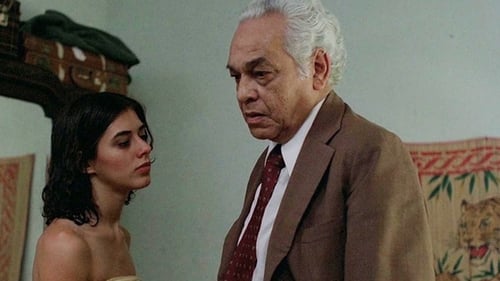
Darcy
Rio de Janeiro police investigator Galvão is pursuing two trails, one professional and one personal. While he tracts a serial killer of taxi-drivers, he also seeks his estranged daughter, Sandra, who he had thrown out of the family home when she adopted a promiscuous teenage lifestyle. Lives intersect when the serial killer, Toninho, a young man of unsavoury connections, befriends Sandra, now an exotic dancer and prostitute living and working in the seamy underside of late 1970s Rio.

Jarbas
In 1970, the Esquadrão da Morte (Death Squad)' crimes for the refinement of violence provoked a wave of reactions throughout the country. The photos of the victims, adorned by the skull, symbol of the group, caused an uncomfortable indignation. This is the story of Mateus Romeiro, the most famous of the policemen, who was part of the Homens de Aço (Steelmen) group, one of the factions in which the squadron was divided.

Fonseca
Couple spend more than they can afford. In financial trouble, the husband Afraninho devises a strange kind of business, for foreign executives, in which the product is his own wife Malu. They succeed, and soon other couples start doing the same thing, establishing the competition.
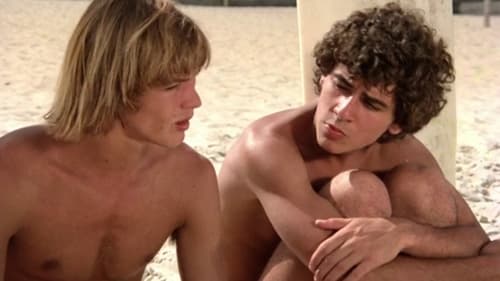
Toquinho is a young man living in Marechal Hermes, a poor neighborhood in Rio de Janeiro, together with his widow mother and a younger sister. Although he is poor, he is also ambitious, and wants to change his life. He spends all his time on the beach, at Arpoador, Ipanema, where he dreams to become a famous surfer. Besides, he usually finds Patricia there, a rich and liberated young woman, whom he likes a lot. To impress Patricia and satisfy some of her wishes, he lets himself be seduced by André, a gay guy who, in return for his sexual favors, promises him a trip to Hawaii for a surf championship.

Brazilian adaptation of Hamlet, set in the outskirts of São Paulo City. A teenager hears through a medium the voice of his father, who accuses his brother of murdering him. He confirms his suspicions of his uncle, and decides to retaliate, but kills the wrong man, triggering a terrible game of life and death.

The critical success in France of How Tasty Was My Little Frenchman made possible dos Santos’ delirious science-fiction vision of free love in a post-apocalyptic wilderness besieged by flesh hungry zombies contaminated by an unnamed nuclear attack. Who is Beta? follows two statuesque survivors drawn irresistibly together only to be entranced by the arrival and sudden disappearance of a third, the bewitching raven haired Beta. With its cartoon-like depiction of extreme violence and desire, Who is Beta? offers a heady Pop-infused companion to Hunger for Love. Yet beneath its giddy play of surfaces, dos Santos' underappreciated film gradually reveals a darkly ambiguous metaphoric dimension. -Harvard Film Archive

Symbolic film from the Underground Movement of Brazilian Cinema (Cinema Marginal) about a woman, three men and some apes. In the director's own words: “a fable where realism and logic have no place, and in which sex is a translation of all the tortures, circumstances and violent actions.”





















